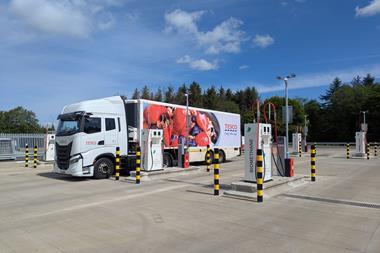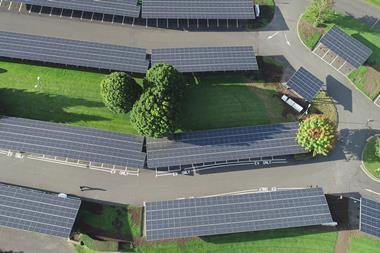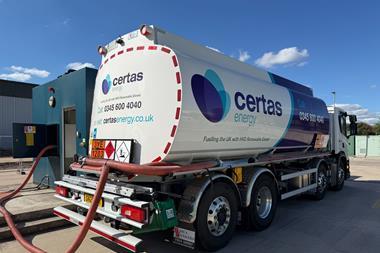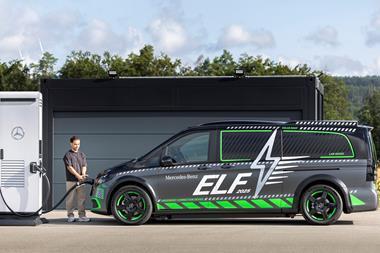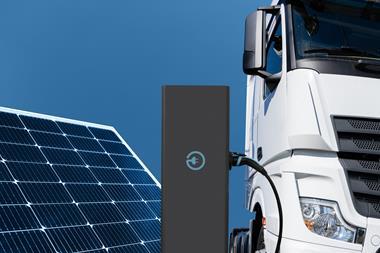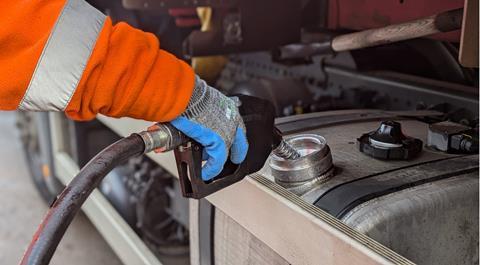
Waste management specialist Biffa has partnered with fuel distributor Certas Energy to run 25 transfer station plant vehicles within its Industrial & Commercial (I&C) division on hydrotreated vegetable oil (HVO).
The switch sees Biffa moving towards its better for the environment target of 10% of its plant and collections vehicles to be alternatively fuelled by the end of the year.
Biffa now operates more than 150 alternative fuelled vehicles, including HVO and electric. It says that HVO, produced from vegetable fats and oils waste, is an important transition fuel for plant vehicles where switches to EV or hydrogen are not yet viable.
It is esitmated that Biffa’s I&C transfer stations across the Midlands and North West, which manage the waste and recycling from businesses in Coventy, Birmingham and Manchester, will cut over 280 tonnes of carbon in six months,
It says this makes a significant contribution to the group’s broader decarbonisation strategy as it aims to reduce emissions by 50% by 2030 from its 2019 baseline.
Monica Heenighan, Biffa’s I&C north area director, says: “In just six months, we’ve increased our alternative fuel fleet from 3% to 15% across the Midlands and North West, which is a fantastic achievement.
“HVO vehicles allow us to be greener faster and are a crucial step to reducing emissions. Achieving our 2030 target will depend on the government coming forward with an infrastructure strategy for commercial vehicles, followed by a rapid implementation plan that has a positive impact on the commercial vehicle supply chain. We look forward to continuing to play our part in the UK’s transition to a greener, circular and more sustainable economy.”
Darren Holloway, commercial director for energy solutions at Certas Energy, adds: “After an excellent year for HVO, we are thrilled to kickstart 2025 by announcing this partnership with Biffa and to support their transition to net zero. Up and down the country, we are seeing more customers choose HVO as a short and medium-term solution to immediately and drastically reduce carbon emissions.”






















